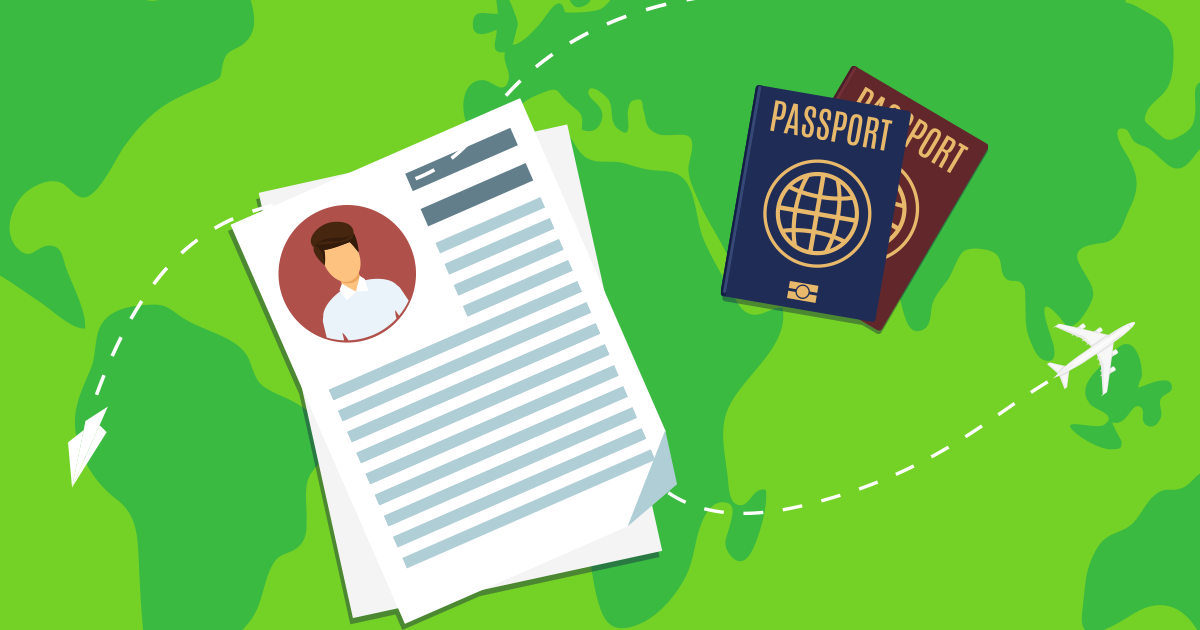Jobs in Saudia and Dubai available for heavy machinery operators for Pakistani

The construction and infrastructure development in Saudi Arabia and Dubai offer abundant job opportunities for Pakistani individuals skilled in operating heavy machinery. These Gulf countries have a high demand for competent heavy machinery operators to handle various construction projects. Here are some of the jobs available for Pakistani heavy machinery operators in Saudi Arabia and Dubai.
- Crane Operators: Crane operators are crucial in the construction industry, responsible for operating tower cranes, mobile cranes, and other lifting equipment. They are involved in lifting and moving heavy materials and equipment on construction sites.
- Excavator Operators: Excavator operators are in high demand for digging, grading, and moving earth and materials during construction projects. They operate excavators to create foundations, trenches, and other structures.
- Bulldozer Operators: Bulldozer operators are responsible for operating bulldozers to clear and level construction sites, move soil and materials, and create foundations. They play a vital role in land preparation and earthmoving tasks.
- Forklift Operators: Forklift operators are needed in various industries, including construction, logistics, and warehousing. They operate forklifts to load, unload, and move heavy materials, equipment, and goods.
- Heavy Equipment Operators: Heavy equipment operators handle a range of machinery, including loaders, graders, rollers, and compactors. They are involved in earthmoving, road construction, and other heavy construction projects.
- Crane Truck Operators: Crane truck operators handle truck-mounted cranes to transport and lift heavy loads. They are responsible for loading and unloading materials, machinery, and other items.
- Concrete Pump Operators: Concrete pump operators handle concrete pumping equipment, ensuring the accurate and efficient placement of concrete during construction projects. They are skilled in operating concrete pumps and maintaining concrete flow.
These jobs in the heavy machinery operations sector provide lucrative employment opportunities for Pakistani individuals in Saudi Arabia and Dubai. The construction and infrastructure sectors continue to grow, necessitating skilled operators to handle various heavy machinery tasks. Pakistani operators with expertise in these areas can contribute to the development and expansion of these countries’ construction projects.




